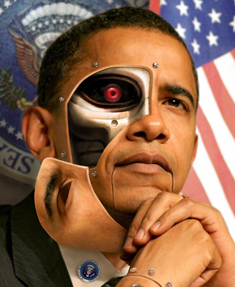Money, Scandal and Turnout: Presidential Politics on the Web
 Tom Regan of The Christian Science Monitor provides some perspective on the Web’s influence on the US presidential race. In January, Obama raised a record $32 million, a previously unimaginable amount. All but 12% of it came through the Web. And then there’s Ron Paul, who had $5 million single-night online fundraisers.
Tom Regan of The Christian Science Monitor provides some perspective on the Web’s influence on the US presidential race. In January, Obama raised a record $32 million, a previously unimaginable amount. All but 12% of it came through the Web. And then there’s Ron Paul, who had $5 million single-night online fundraisers.
About ten years ago, I worked for the first Massachusetts Governor who had a computer in her office. Technology policy fit somewhere in economic development, governors new about as much about it as they did biotechnology. They new it was the kind of business their state’s needed, even if they didn’t know what DNA base codes were.
Today, politicians are gaining office because of their campaigns’ Internet savvy. As the political class turns in to digital natives, we will see how the requirement of this first hand knowledge influences Internet policy.

 The future of digital experiences will be built by strategists who grasp the full array of emerging business, social, and technical models. Specialties in user experience, branding, application design, and data science are laying the foundation for richer user experiences and business models breakthrough products and revenue based marketing.
The future of digital experiences will be built by strategists who grasp the full array of emerging business, social, and technical models. Specialties in user experience, branding, application design, and data science are laying the foundation for richer user experiences and business models breakthrough products and revenue based marketing.